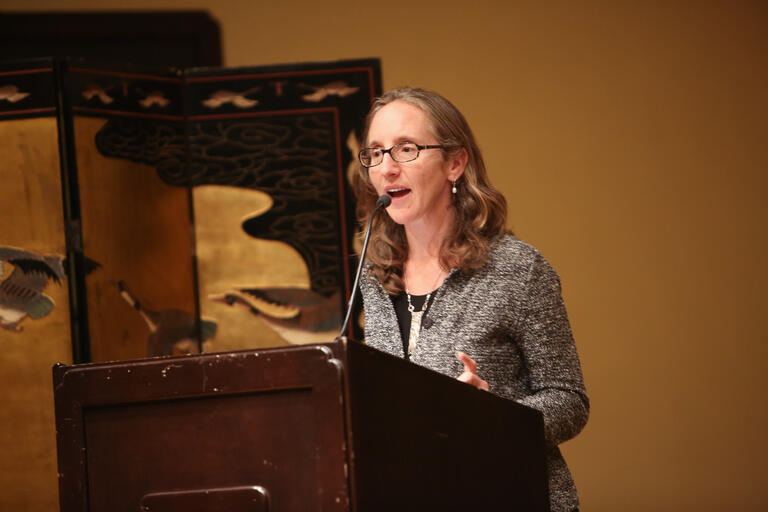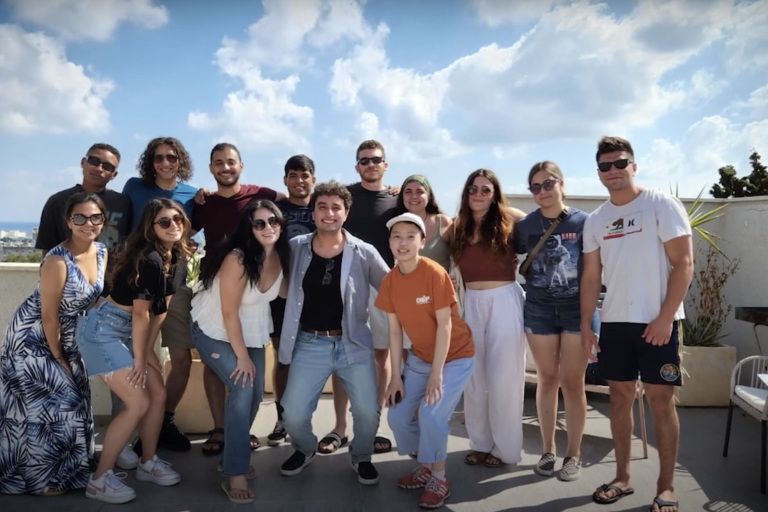Elevating Discourse, Educating Leaders
The Helen Diller Institute provides our nation’s future leaders with a rich academic forum for exploring the breadth and complexity of Israel and Jewish topics. Our programs expose students to world-class thought leadership while fostering a community of faculty and peers to support them throughout their college experience. At a time when polarization is more severe than ever, we bring integrity, nuance, and grit to restore civil discourse, creating dynamic spaces where students and the wider community can thoughtfully exchange ideas on complicated, deep-seated subjects. We are committed to elevating the discourse not merely as an intellectual exercise — but to cultivate more educated leaders for tomorrow. Read more about our work here.

